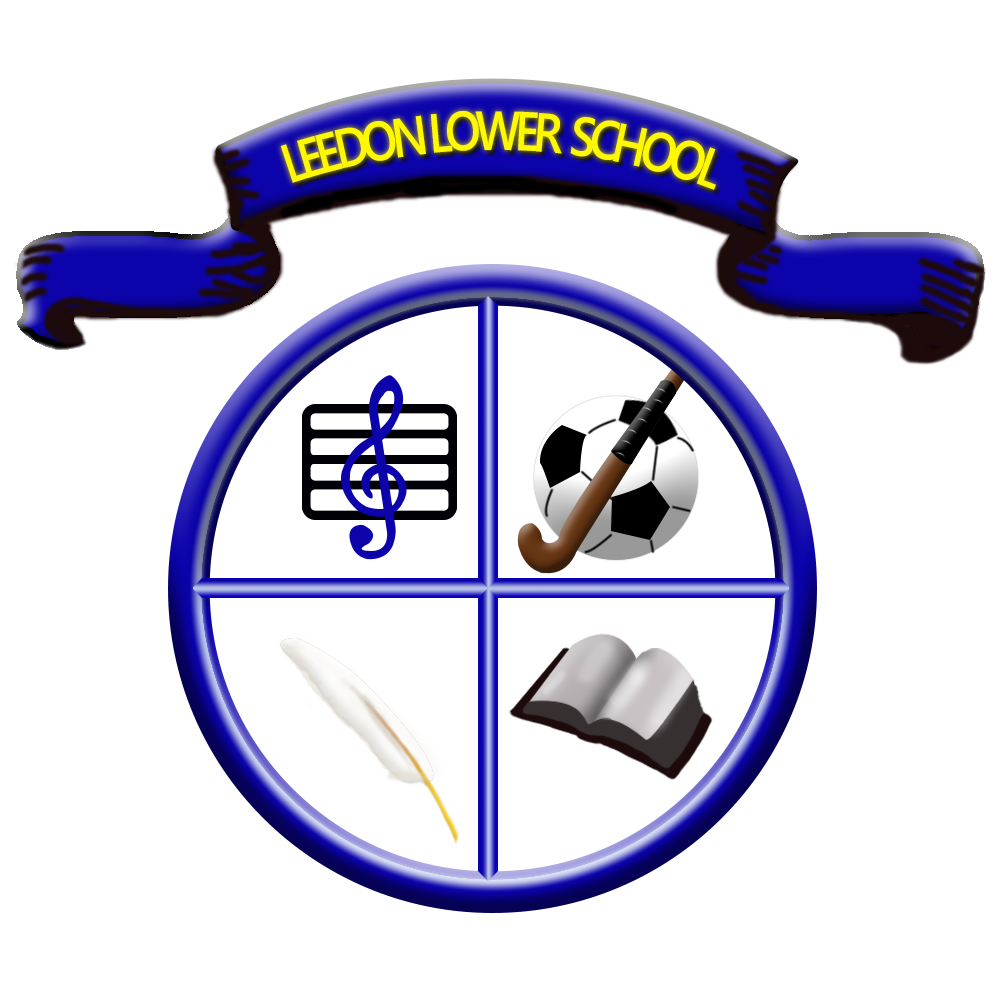Science
Science at Leedon Lower School
At Leedon Lower School, we follow the KAPOW Scheme of work for Science.
Intent
At Leedon Lower School, we believe the Science is best when:
- It is fun to do.
- It is practical, with a real outcome.
- It is interactive and children become inquisitive.
- It is based on Scientific Skills
- It is engaging
- The children have fun and remember what they have learnt
These form our key Principles for Science and we were proud to have been awarded the Primary Science Quality Mark in 2016.
Our Science Curriculum aims that by the time the children complete Year 4, they have:
- Developed Scientific knowledge, enquiry skills and conceptual understanding through the teaching of all three strands – Chemistry, Biology and Physics
- Developed understanding of the nature, processes and methods of science through different types of science enquiries that help them to answer scientific questions about the world around them.
- Experienced Science in a number of different contexts, including outdoor learning and group activities. We believe that it is imperative that every child is given the opportunity to have these experiences.
Implementation
Teaching and learning builds upon concepts and knowledge learnt in previous years as the children move through the school.
Throughout their time in school, children will also work scientifically using the five types of scientific enquiry:
- Observing over time
- Grouping and classifying
- Pattern seeking
- Comparative and fair testing
- Research using secondary sources
In Key Stages 1 and 2, Science is taught discretely. Teachers also look for opportunities to link Science to topic learning and to give the children the opportunity to practise and use the skills and knowledge gained in Science lessons.
Children are encouraged to develop their literacy, mathematical and reasoning skills through their Science learning.
Teachers make use of assessment to ensure they know what the children have learnt and to inform the next steps for learning. They are provided with a wide range of CPD to enable them to develop their subject knowledge.
Impact
Lessons are engaging and children remember what they have learnt.
Teachers are confident in delivering Science teaching in all areas.
Teachers are aware of how what they teach is supported by what children have learnt previously, and of how their teaching supports children to learn in subsequent years.
Children’s innate curiosity is encouraged and nurtured through Scientific Enquiry and the acquisition of knowledge.
Children make connections between their Science learning and their learning in other areas of the curriculum; and between their Science learning and their experiences out of school.
Children develop Science Capital: They are more willing to engage with Science both in and out of school. They talk about Science and share what they have learnt with their families. They have a more positive view of Science and continue to engage with it throughout their education after leaving Leedon.
